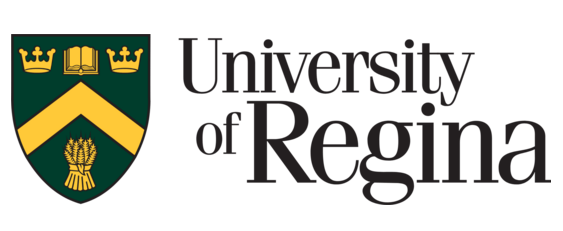Understand the Economy. Lead with Insight.
Curious about how money moves, why prices rise, or how governments make financial decisions? An Economics degree at the University of Regina gives you the tools to understand and solve real-world challenges—locally and globally.
What You’ll Study
You’ll learn:
-
How people, businesses, and governments make financial decisions
-
The impact of policy on the economy
-
How to interpret and analyze economic data
-
What drives inflation, unemployment, and economic growth
The program blends theory and application, giving you both knowledge and real-world problem-solving skills.
Key Focus Areas
-
Microeconomics – how individuals and businesses make choices
-
Macroeconomics – how entire economies operate and grow
-
Public Policy – how governments shape economic outcomes
-
Financial Literacy & Data Analysis – using data to make informed decisions
Skills You’ll Develop
-
Analytical and critical thinking
-
Quantitative reasoning and statistical analysis
-
Problem-solving
-
Financial and economic literacy
-
Research and decision-making
Hands-On Learning
-
Co-op placements – gain paid work experience during your degree
-
Certificate in Economics – an optional credential to boost your résumé
-
Supportive faculty mentorship – learn from approachable and knowledgeable professors
Career Opportunities
Economics majors are in demand in:
-
Banking and finance
-
Government and policy analysis
-
Business strategy and consulting
-
Research institutions and think tanks
-
International development and NGOs
- Academic Requirement: 70% average required
- ELP Requirement: English Proficiency Score (Only for students of Non-English speaking countries) • IELTS: overall score of 6.5 (with no band below 6.0). • PTE: 59 (59) • TOEFL: Overall 83 ( not less than 20 ) • Duolingo : Overall 120 (not less than 105)
Tuition Deposit & Partial Refund Policy for Undergraduate International Students
Undergraduate international students on a study permit are required to pay a $1,000.00 tuition deposit upon acceptance of admission. If the student's study permit application is denied, they can request a partial refund of the tuition deposit in the amount of $500.00.
Withdrawing from Courses
When you drop one or more courses by the official deadlines for your term or “part of term,” you automatically get a full or partial refund credited to your student account.
Finding Your Deadlines
Check the Academic Schedule or log in to UR Self-Service and view My Refund Schedule (or the Class Refund Schedule) to see the exact drop dates that apply to your courses.
Automatic Refund Levels
There are three refund deadlines each term:
-
Deadline 1: 100% refund of tuition and mandatory fees.
-
Deadline 2: 50% refund of tuition only (other mandatory fees are not refunded).
-
Deadline 3: No refund.
Additional Fee Adjustments
If you withdraw after Deadline 1 because of serious, unexpected events—such as your own serious illness or accident, a close family member’s death or illness, hospitalization, or an involuntary job transfer—you can apply for an extra tuition adjustment. You must submit a formal request with supporting documents; mandatory fees are not eligible for adjustment.
How Your Refund Date Is Set
We use the date you formally withdraw in Self-Service (or the date we receive your written request). If you stopped attending earlier for a documented reason (for example, the day you were hospitalized), we can use that date instead.
Part-of-Term 1 Refund Schedule
If you’re in Part of Term 1 (full semester) and withdraw after Deadline 1, here’s what you get back on tuition:
-
Week 3: 77%
-
Week 4: 69%
-
Week 5: 62%
-
Week 6: 54%
-
Week 7: 46%
-
Week 8: 38%
-
Week 9: 31%
-
Week 10: 23%
-
Week 11: 15%
-
Week 12: 8%
-
Week 13 and beyond: 0%
Withdraw later than Week 13, and you’re not eligible for a tuition refund.
- Application Fee: $100
- LOA Deposit: $1,000
- Annual Tuition Fee: $27,000
- Total Tuition Fee: $88,000
- Course Duration: 4 Year
- Credentials: Bachelor
- Intake: Sep-25
Checklist for UG Program’s
- CV/Resume
- Passport
- Academic documents
- Proof of English Proficiency
- Third Party Consent Form (Signed)
- Visa copy, PPR letter & Study permit (If Onshore)
- Canadian address& Contact no (If Onshore)

